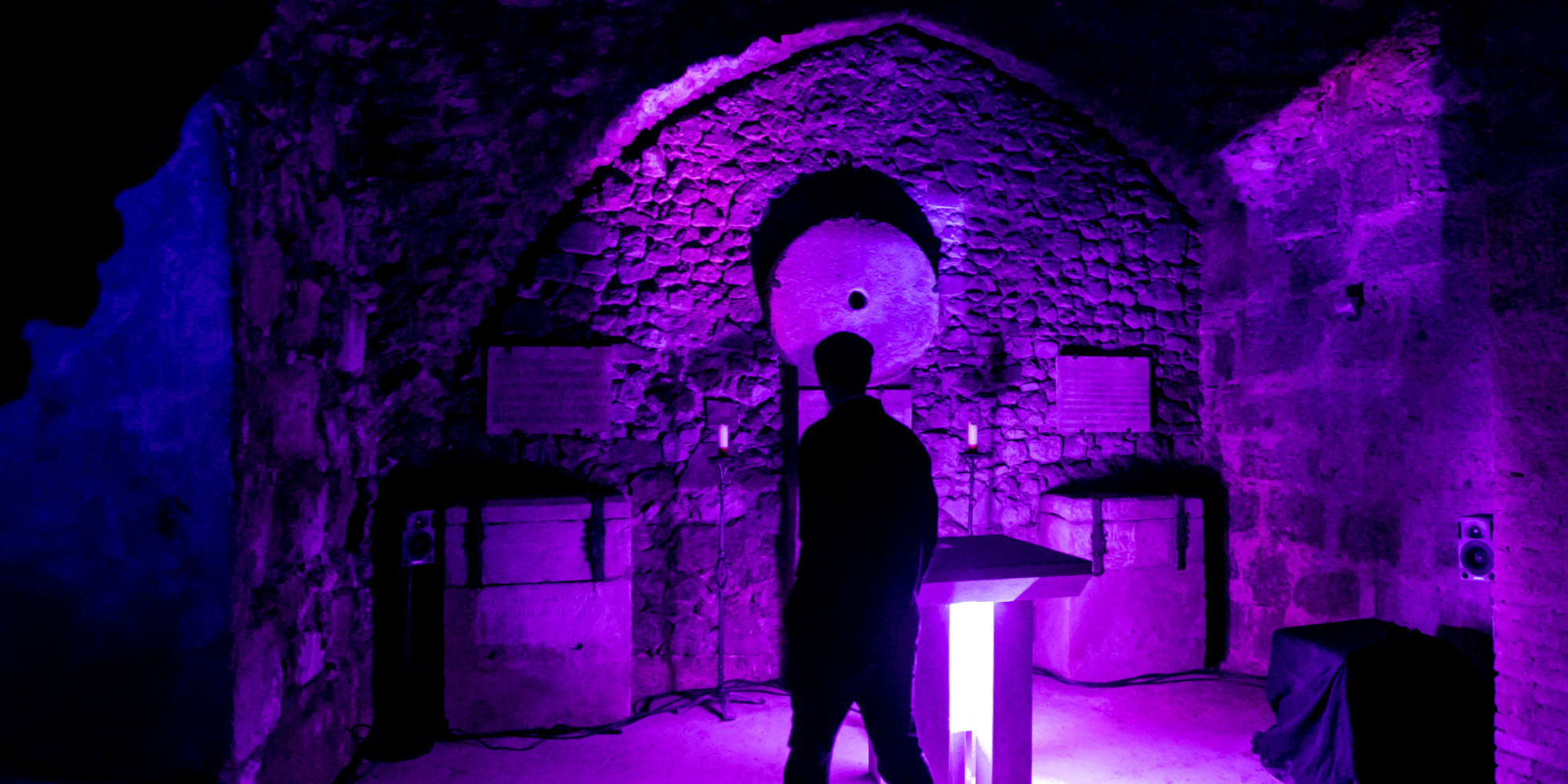La fabrique des monstres is a concept-album of generative music, a collection of “musical monsters” built via sample-by-sample deep learning generative models, inspired by Mary Shelley’s Frankenstein and used in Jean François Peyret’s eponymous theatrical piece.
Artificial life, and even artificial life via sound phenomena, is a topos in art. Well before Mary Shelley’s Frankenstein, in Jules Verne’s “Le Château des Carpathes,” the Baron de Gortz tries to have his beloved Stilla live and sing again by recreating her voice via electric procedures. The technical object is unsettling and demoniac: it contains the “soul” of the dead singer.
In the case of “La fabrique des monstres,” the research was driven by an unconditional generative spirit: letting a computer model undergo a (carefully chosen) learning process and produce a large amount of output results at different points during training (a reference to Samuel Beckett’s “Krapp’s Last Tape”). The machine should have no a priori musical knowledge: it should be able to “listen and learn,” without having any information on musical categories (genres, styles…), descriptions (features, descriptors…) or representations (notes, chords, scores…).
The machine generations are then later organized into a palette to be explored via computer-aided composition techniques. Composing therefore consists first and foremost of carefully selecting interesting segments (having more to do with “discovering” than “inventing”), combined with basic montage and mixing techniques. The aim is twofold: on one hand, to expose the process of learning (metaphorically mirroring the learning that Frankenstein’s creature undergoes in the central chapters of Mary Shelley’s novel); on the other hand, to use machine results in a perceptually grey zone between what appears to a listener as “machine made” and what appears as “human made” — raising the important question of “who wrote what.”
Project Credits:
- Daniele Ghisi, Robin Meier
- Commissioned by IRCAM-Centre Pompidou
- Used, in part, in “La fabrique de monstres,” a theatrical piece by Jean-François Peyret with the help of Philippe Esling, Léopold Créstel, Mattia Bergomi, Giorgio Presti, NaMi Lab
- Obtained via a modified version of the SampleRNN model (Soroush Mehri et al.), followed by a selection of results and a rough montage.
Website:
- It is freely available on Soundcloud: https://soundcloud.com/lafabriquedesmonstres
Biographies:
Born in Italy in 1984, Daniele Ghisi studied composition with Stefano Gervasoni and Mathematics at the University of Milano Bicocca. Between 2008 and 2011 he followed Ircam’s Cursus de composition et d’informatique musicale. From 2009-2010 he was composer in residence at the Akademie der Künste in Berlin, 2011-2012 member of the Académie de France à Madrid – Casa de Velázquez. In 2012 he was a research composer at Ircam. From 2013-2014, research assistant at the Haute École de Musique in Geneva. In 2015 he was composer in residence with the Divertimento Ensemble in Milan, recording his first monographic CD (“Geografie”). In 2017 he obtained his PhD in composition and music research at Ircam/UPMC/Sorbonne. He is edited by Ricordi and he currently teaches Electroacoustic Composition at the Conservatory of Genova. He is co-founder of the /nu/thing collective (http://www.nuthing.eu) and co-creator of the project “bach: automated composer’s helper,” a real-time computer-assisted composition library (http://www.bachproject.net).
Artist and composer Robin Meier explores the emergence of natural and artificial intelligence and the role of humans in a world of machines. Meier tries to make sense of these questions through musical compositions and installations. Referred to as “Artist of the future” (le Monde), “Maestro of the swarm” (Nature) or simply “pathetic” (Vimeo) his works have been shown internationally, in institutions such as Palais de Tokyo, FIAC and Museum of Modern Art in Paris, Art Basel, Switzerland, the 11th Shanghai Biennale, Arsenal Contemporary New York City or the Broad Art Museum in East Lansing, Michigan. Robin Meier is a longtime collaborator at IRCAM / Centre Pompidou (Paris) and Fellow of the Istituto Svizzero di Roma (2018/2019).


